Inulin
Inulin/Chicory Fiber/Fructo-oligosaccharides (FOS)
Inulin/Chicory Fiber/Fructo-oligosaccharides (FOS), extracted primarily from the roots of the chicory plant, is formed by the aggregation of fructose molecules.
Benefit from Champions expertise in OEM and ODM services and wide ranging raw ingredient supply network. We provide highest-quality Inulin in bulk and offer comprehensive counselling, from market insights to formulation and dosage forms.
What is Inulin (Chicory Fiber, Fructo-oligosaccharides)?
Inulin, also known as "chicory fiber" or "fructo-oligosaccharides (FOS)," is a type of natural polysaccharide extracted mainly from chicory roots. Inulin is a soluble fiber that the human body cannot absorb. When consumed with water, it acts like a mop through the digestive tract, helping to quickly remove food residues and promoting digestion for smoother bowel movements.
Nourishing Good Bacteria in the Gut with Inulin/Chicory Fiber
Due to the lack of enzymes to break down inulin, it doesn't directly provide nutrition. However, this dietary fiber can serve as a nutrient for beneficial bacteria in the colon, thereby improving the balance of bacterial ecosystems and maintaining gastrointestinal function. That's why various functional foods or food ingredients promoting "smooth digestion" and "added high fiber" often feature inulin/chicory fiber.
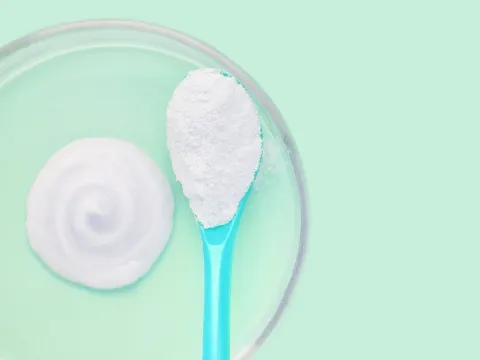

Digestive Benefits of Supplementing Dietary Fibers like Inulin
Dietary fiber is a type of non-starch polysaccharide carbohydrate primarily found in natural plant-based foods such as vegetables, fruits, whole grains, and legumes. Even though the human digestive system can't break down and absorb dietary fiber, the digestive health benefits it provides can not be replaced by other nutrients.
Dietary fiber can be classified into "soluble" and "insoluble" categories:
Soluble fiber dissolves in water. Apart from chicory fiber, fresh fruits, vegetables, and oats are also rich sources of soluble fiber. Inulin is a low-calorie soluble fiber that, when consumed with water before meals, increases satiety, prevents overeating, and softens feces in the colon, promoting smooth bowel movements. Soluble dietary fiber also serves as a nutrient for probiotics, helping to maintain a balanced gut microbiome.
2. Insoluble Dietary Fiber
Best Sources of Inulin/Chicory Fiber
Inulin is found in various plants and vegetables such as garlic, bananas, tomatoes, burdock, chives, wheat, rye, and onions. However, chicory (also known as "chicory root" or "endive") is a relatively rare source of inulin , with inulin content as high as 15% to 20%.
The Department of Health in Taiwan recommends a daily intake of 25 grams of dietary fiber for adult women and 35 grams for adult men. However, national nutritional surveys indicate that most people's dietary habits fall short of meeting these recommendations, with many consuming less than half the recommended amount. Therefore, inulin, as a natural soluble dietary fiber, can be an ideal supplement for modern diets.
Who Should Consider Inulin Supplements?
Inulin is a type of polysaccharide composed of 8 to 9 fructose units. Since the human body lacks the enzymes to break down these complex sugars and given inulin's low-calorie nature, it is commonly added to functional health foods to enhance dietary fiber content. Inulin is particularly suitable for individuals who frequently dine out and consume fewer fresh fruits and vegetables, as supplementing with it can help maintain a healthy gut environment.
Daily Intake of Inulin
Inulin is classified as safe for food use by the US Food and Drug Administration (FDA). While there is no established acceptable daily intake (ADI) for inulin-related products, nutrition experts generally recommend a daily intake of 1 to 4 grams of inulin. Excessive consumption may lead to side effects such as bloating and digestive discomfort.
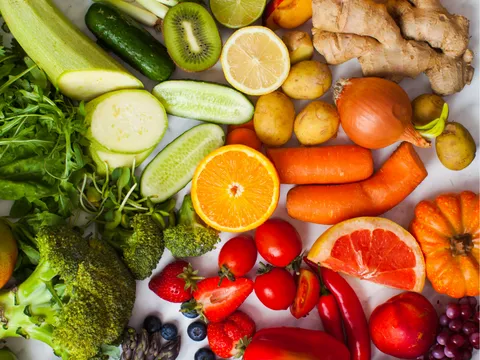
Food Applications of Inulin/Chicory Fiber
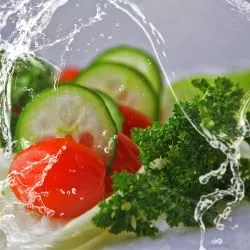
Increasing Dietary Fiber
Chicory fiber's water-absorbing gel-like properties help maintain smooth passage of stool through the intestines, making it suitable for products promoting digestive health.
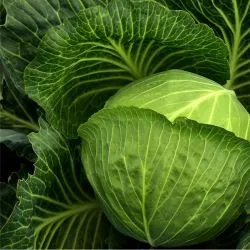
Low-Calorie, Low-Carb Substitutes
Each gram of inulin contains only 1.5 to 2 calories, making it suitable for adding to various low-sugar or low-calorie foods.

Enhancing Food Texture and Flavor
It can enhance the smoothness of functional beverages, the softness of low-sugar pastries, and more.
Application
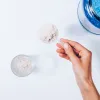
Functional Foods

Yogurt

Snacks

Pet Foods
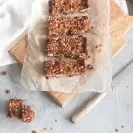
Nutritional Bars

Dairy Products

Desserts
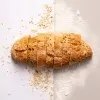
Baked Goods

Creams/Yogurt Drinks
Clients Also Viewed
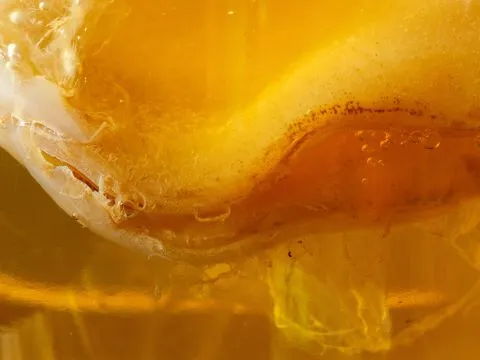
Manna-K Aged Kombucha
Ensure consistently great taste from shortened production cycles with this organic kombucha acidifier. Brew and package in as little as 24 hours. Manna-K is your most efficient way to make commercial kombucha at scale.
Read more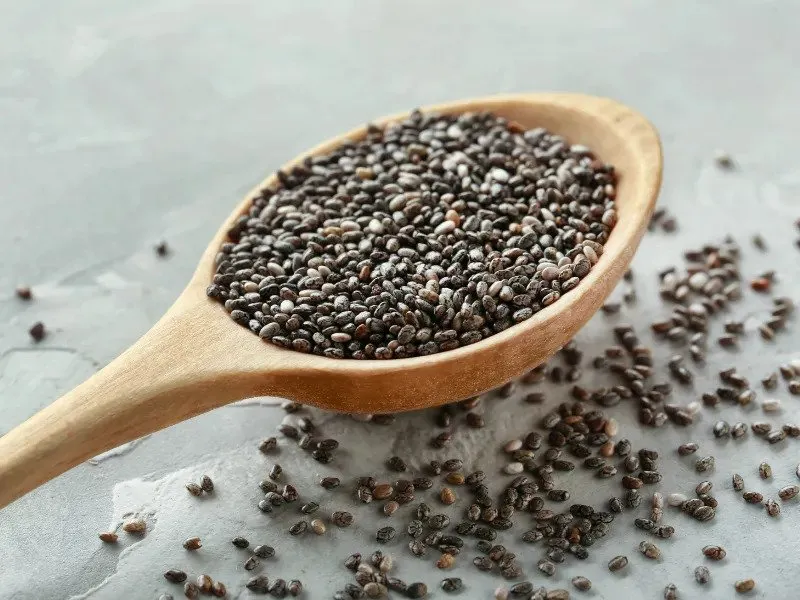
Chia Seed
Chia Seeds contain: 37% dietary fiber, 20% OMEGA-3 (ALA), 20% protein, along with a rich supply of antioxidants, vitamins, and minerals.
Read more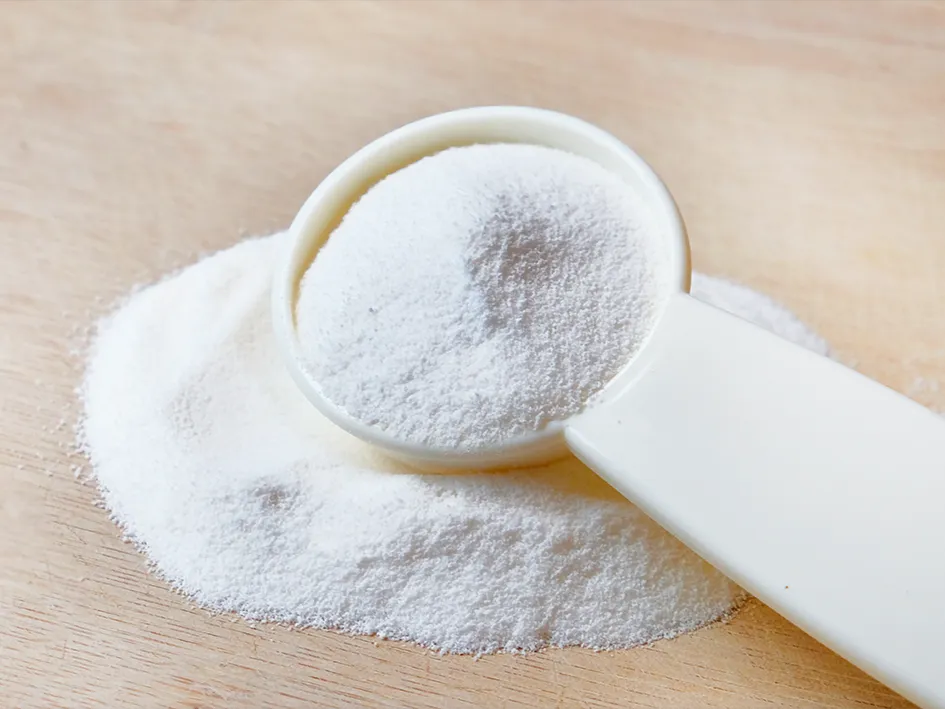
boocharati® Kombucha Powder
Boocharati® is kombucha in powder form long-time brewed from organic green tea. Various formulations and creative recipes to realize your best product potential.
Read more














